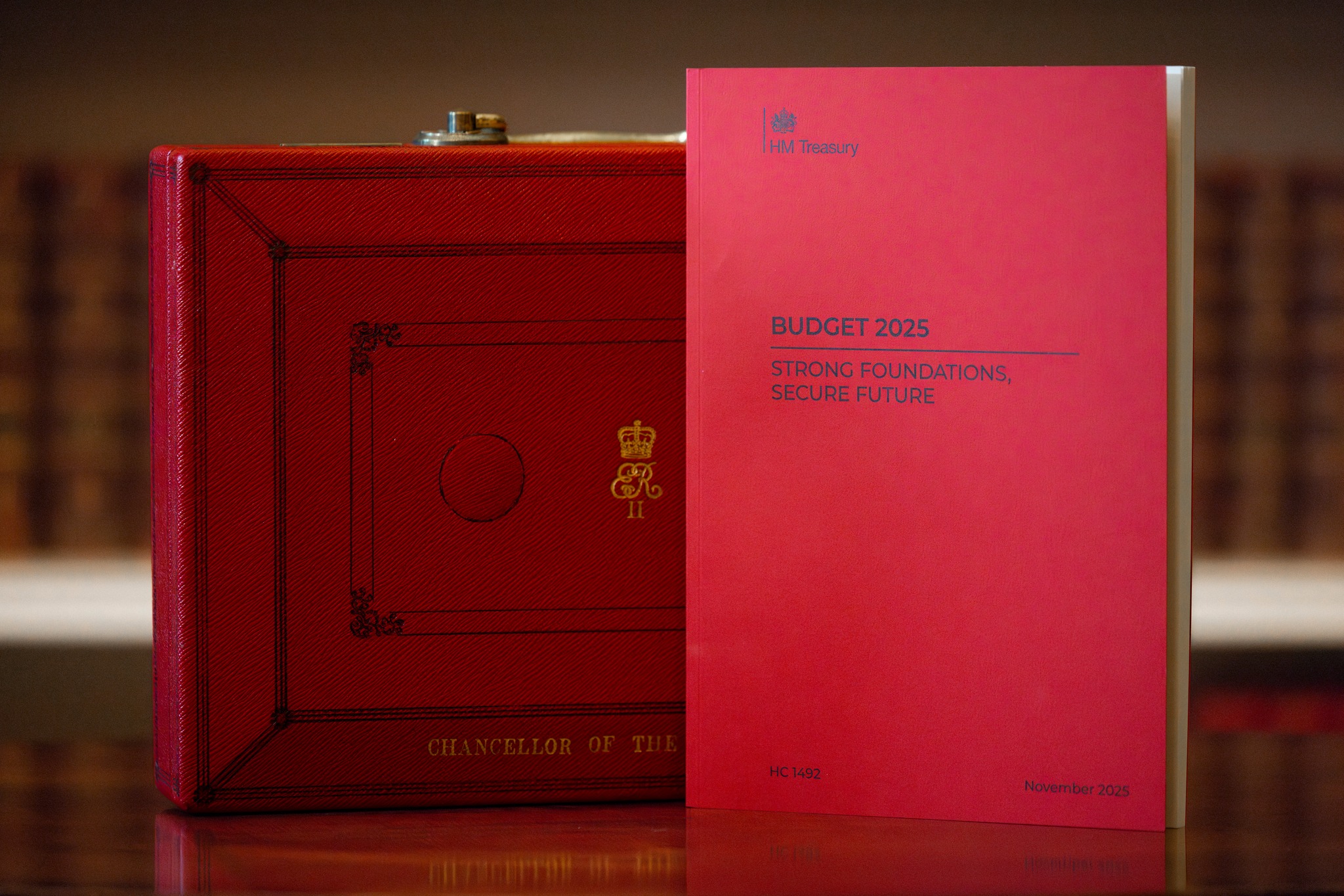When catastrophe hits, most of us turn to our insurance providers for help. A cancelled holiday, a dip in business, a problem with our health, all of these instances are what we rely on insurance for. However, Coronavirus has created an unprecedented experience for insurance companies and policyholders alike. Events, health, business, construction, travel and home insurance have all been influenced in different ways by the pandemic. Here’s a roundup of the most pressing challenges facing each insurance industry.
Events
Events have been one of the hardest-hit industries due to Covid-19. The majority of events in 2020 have now been cancelled with 47% and more postponing to the end of the year or longer. Furthermore, general event insurance policies were not designed to cover pandemics, and most are amending their policy terms to exclude Coronavirus strains in future. If companies chose the optional ‘communicable disease’ extension before the pandemic, they might be more fortunate. However, the majority of companies face challenges with their claims.
Health
With private care no longer a sure thing for private medical insurance (PMI) policyholders, the virus has had a distinct effect on the PMI industry.At the height of the crisis, private sector hospital capacity got allocated to the NHS to cope with the increase in demand. That caused widespread concern across the health coverage industry. Previously, PMI policyholders could bypass the NHS and go straight to private care. Now, with beds going to the NHS, that was no longer guaranteed. Combined with the ensuing economic challenges, this created the perfect conditions for a mass insurance policy cancellations.As such, private insurers are now working hard to retain clients. Some like Bupa and Vitality even offered cash benefits to those who spent time in hospital battling Covid.
Business claims
Many businesses were unprotected when it came to the Coronavirus. However, there were some that made provisions in their policies for the disruption caused by a pandemic. And for these, the FCA has urged insurers to pay out where compensation is due. That was made clear when the FCA brought a test case in front of the High Court a few months ago after insurers rejected business interruption claims. The result of this was a ruling on 17 representative policy wordings, used by 16 insurers. The court found that these did, in fact, provide coverage for payout. The court also clarified that the pandemic along with the government’s and public’s response constituted a single cause of the covered loss, a key requirement for claims to be paid.
Construction
The disruption of construction sites and projects has been compounded by the slow-down of material supply chains. As such, many contractors have notified insurance companies with claims on their all risks (CAR) or delay in start-up (DSU) policies. That has caused uncertainty for insurance companies as they grapple with determining what qualifies as a trigger for the delay.
Travel
Overall, fewer people travelling has meant fewer travel policies being purchased. But these aren’t the sole effects of Coronavirus on the travel insurance industry. Even after the lockdown, customers are still flooding providers with questions about their policies, pointing to widespread confusion as to what is and isn’t covered. While each coverage provider is different, the general response from most companies has relied heavily on the official advice by WHO and FCO and the dates when this changed. On the 31st of January 2020, the WHO declared Covid-19 an international health emergency. By the 13th of March, it was considered a ‘known event’. As such, many providers aren’t providing cover for claims related to Covid-19 on and after that date.
Home insurance
From working from home and self-isolating to less crime, the home insurance industry is being tested in new ways. One of the most significant changes has been a drop in premiums, particularly when it comes to buildings and content policies. Some attest this is due to their being less recorded crime since most people are spending much more time at home. While some of these sectors might bounce back quicker than others, Covid-19 is sure to leave a mark on each of these for years to come. How well insurance does moving forward depends on how much they can adapt and be flexible.
FAQs

Can we help your business?
Book a free consultation with our expert R&D funding advisors today. We specialise in helping innovative businesses like yours unlock millions in government funding, specifically allocated to fuel your innovation. Let us help your business access the support it deserves.









.svg)


